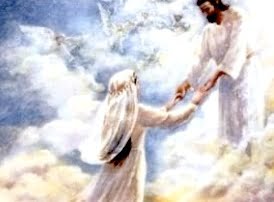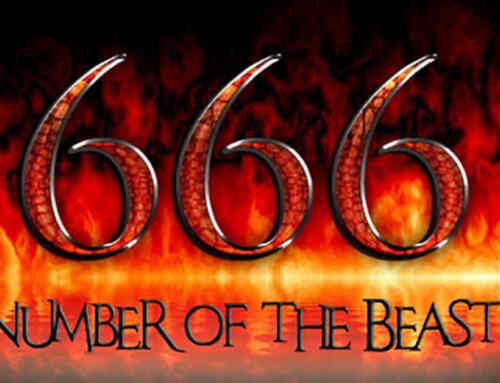First, it is necessary to state in the strongest words, that any criticisms of religious systems focuses only on the departure of that system’s belief and practice from Biblical principles. We are concerned with systems and their errors. Principle—always. People—never. There are saintly people in all church systems including Catholicism and the earnest desire of every Christian would be that reasoned dialogue based on scripture would change erring beliefs. Nobel Peace Prize winner Mother Theresa of Calcutta embraced all of Catholicism’s most serious doctrinal errors. At the same time, she was a very special and blessed soul who used every bit of strength she had in her tiny frame to show God’s love and Christ’s humility to some of the poorest and most destitute of humanity.
No single person invented any church system, particularly Catholicism, which is quite diverse. Over the centuries, the errors that would amalgamate as Catholicism accumulated. They continue to accumulate to this day.
Let us consider just one example to illustrate a process that took place many times. The Memorial or “remembrance” of our Lord is set forth in Luke 22:19 “And he took bread, and gave thanks, and brake it, and gave unto them, saying, This is my body which is given for you: this do in remembrance of me.” This solemn, yet simple act of once-per-year “remembrance” of our Lord’s death (1 Corinthians 11:23) should be in the minds and hearts of every single Christian as we approach the Passover season, mistakenly called Easter. Our Lord’s one sacrifice, given one time at such great cost is more than sufficient to satisfy justice for Adam’s transgression.
The solemn, yet simple act of “remembrance” we are asked to keep was transformed into a re-created sacrifice of the actual blood and body of Christ. No one may perform this miracle but Catholic-authorized “priests”—a term never used once for any church servants in the New Testament—and the priest is sacrificing the son of God afresh on an “altar.” The solemn warning of Hebrews 6:6, “…they crucify to themselves the Son of God afresh, and put him to an open shame” seems entirely to have been cast aside. The Lord’s Supper eventually was called the “mass” and this “sacrifice” could take place as often during the day as wanted.
The beginnings were slow, Ignatius of Antioch (~35-108 A.D.) overlaps the apostolic period and may be one of the false teachers warned against by the Apostle John (1 John 4:1). Ignatius speaks about “God existing in flesh…even Jesus Christ our Lord.” And then he writes “It is not lawful to baptize or give communion without the consent of the bishop.” Thus he promotes both false doctrine on the Lord’s Memorial while elevating the clergy which also is harmful and wrong. Justin Martyr (~100-165 A.D.) from what today is called Nabulus, Israel. He is the first one to speak of “transmutation” clearly abandoning the proper meaning of the Memorial service. It took nearly one thousand years before the Catholic doctrine of the “transubstantiation” was officially adopted with all the wrinkles worked out.
The challenge for the early church was that the simple justice of Christ’s ransom got re-interpreted through the eyes of gentile belief unfamiliar with the principles of the Jewish law and teachings of the Jewish prophets. The conflict between the Jewish system of belief and the gentile system of belief came early on for the church. To make things worse, two costly and very bloody wars (69-72 A.D. and 131-135 A.D.) pitted the Jews in Israel against the full might of the Roman Empire. Both wars ended disastrously for the Jews, further enlarging the gulf between Judaism and Christianity. The gentile converts felt encouraged by this perceived Divine judgment against the Jews to re-interpret scripture through their gentile systems of belief. Sometimes this was done unknowingly while at other times this was done very openly. For example, Augustine, the Bishop of Hippo in North Africa (354-430 A.D. this is “St. Augustine”) was the author of the City of God which is important because during the Middle Ages after the Bible, this was the next most widely read book. In City of God, Book 18, Chapter 23 spends the whole chapter on the Erythrean Sibyl— a pagan prophetess from the time of the Trojan War — who “wrote some things that clearly concern Christ.” To the early church this unhappy mixture seemed like “true drink” and this heady brew along with other error and centuries of ferment led to what is recognized today as Catholicism in all its diversity.











